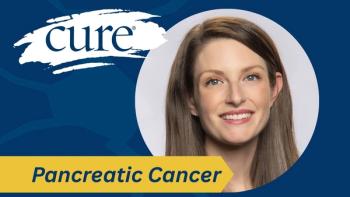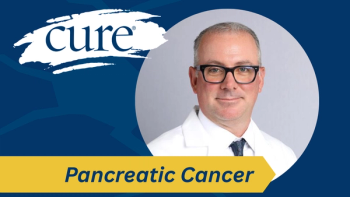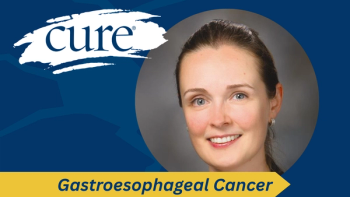
Referral Tool Helps to Identify Those at Risk for Cancer
A practice improvement project at the Mayo Clinic helped to increase attention to family health history and identify those at risk for cancer.
A practice improvement project helped to increase attention to family health history and identify those at risk for cancer, according to a study presented at the 2019 American Society of Clinical Oncology Annual Meeting.
Moreover, the tool appeared to be a low-cost, effective method for identifying patients who may benefit from cancer screening.
“The main objective is to identify patients who are at increased risk for cancer, who previously may have not known they were at increased risk. And then, with that, we contact them and refer them to genetic counseling,” study co-author Kristin Clift, research program coordinator at the Center for Individualized Medicine at the Mayo Clinic, said in an interview with CURE®.
The reasoning for this stems from the fact that physicians may be overwhelmed with the amount of information collected from new patients during any given visit, added study co-author Dr. Michael B. Wallace. “A typical new patient comes in and the information we gather from them is what symptoms and signs they have, what medications they are on, their allergies, what previous medical or surgical conditions they have, physical exams, laboratory tests, EKGs, X-RAYs,” he added. “Family history is a part of that, but you’re overwhelmed with that. Most doctors have 20 minutes to do all of that and write a note. So, a major barrier is the amount and prioritization of information.”
A questionnaire, created in collaboration with the
In turn, patients with significant risk factors identified were contacted by their provider and offered genetic counseling.
In total, 387 questionnaires were completed by patients with any gastrointestinal indication. Eighty-one patients were identified to have an increased risk for cancer, with a score of 3 or more. Of those identified, 12 patients had previous genetic testing, 23 accepted to meet with a genetic counselor and 46 declined or gave no response. Of the 23 patients who accepted genetic counseling, 12 underwent genetic testing.
Overall, three patients reported with pathogenic variants, five with variants of uncertain significant and six had negative results.
“Everyone should be paying attention to their family history and updating their physicians regularly. That can really give your physicians a clue if you are at risk,” Clift said. “We were able to identify (three patients) and enroll them into enhanced screening and surveillance, and also we were able to impact their family members and give their family members genetic testing to offer them surveillance as well.”
For example, she added, the researchers identified one woman who harbored an ATM variant — which not only determined her familial cancer risk but also her pancreatic treatment option. With this, they were also able to offer genetic testing to her sister, who was found to also carry the variant for the disease. “She has not had pancreatic cancer yet, but now she will be coming in regularly to get MRIs and ultrasounds to catch it earlier if she does,” Clift said.
To conclude, Wallace emphasized two key components surrounding enhanced family history screening: “Genetic testing is now being increasingly offered almost universally. The most recent NCCN guidelines recommend that almost every patient with previous cancer should get genetic testing. That is going to help us find more of these individuals at risk, and particularly their family members who are at risk,” he said.
“The second is that we now have effective cancer screening tools. We think about colonoscopy and colon cancer, mammograms and breast cancer, pap smears in gynecologic cancers. Now, there are effective pancreatic cancer screening tools, namely an MRI scan and an endoscopic ultrasound, and a lot of new ones are being developed as well. There are effective screening options for individuals who are at an increased risk.”




